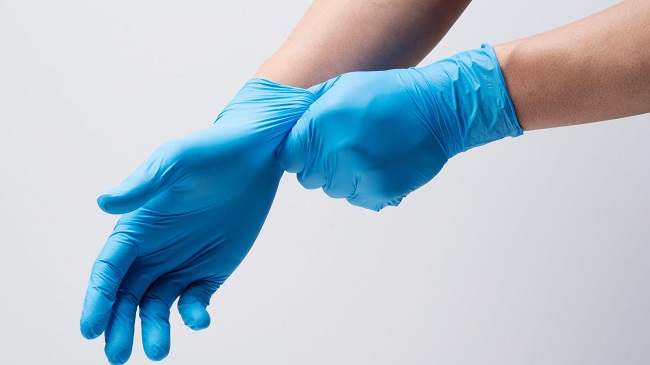Hand hygiene is said to be one of the most effective, affordable and universal tools available to prevent the transmission of infections and provide high-quality, clean and safe medical care.

While medical gloves serve a vital role in preventing transmission of infection, for example when there is risk of exposure to blood and body fluids, they are not a substitute for cleaning hands at the right time.
On the 2025 World Hand Hygiene Day, the World Health Organisation (WHO) urges governments, health-care facilities, and frontline workers around the world to reinforce hand hygiene practices – a proven, cost-effective intervention to protect both patients and health-care workers.
“Medical gloves can reduce the risk of infection, but they are never a replacement for hand hygiene,” said Dr Bruce Aylward, WHO Assistant Director-General, Universal Health Coverage, Life Course. “On this World Hand Hygiene Day, let us double down on our commitment and action to improve hand hygiene in health care settings to ensure the safety of patients and health-care workers.”
Save lives, save money and reduce waste
- Every US$1 invested in hand hygiene can yield up to US$ 24.6 in economic returns.
- Yet, 2 in 5 health care facilities still lack basic hand hygiene services where care is provided – putting 3.4 billion people at risk.
- Improper glove use not only undermines infection prevention and control practices but also adds significantly to health-care waste. Much of this waste can be avoided by maintaining hand hygiene and using gloves only when necessary.
Gloves are protective but not foolproof or without problems
Gloves can become contaminated just like hands and are often misused, such as being worn indefinitely while health workers switch between patients or when they are performing multiple procedures for the same patient. Additionally, overuse of gloves contributes to environmental degradation.
An average university hospital in a developed country generates 1634 tons of health-care waste each year, which is equivalent to over 360 African elephants. Much of the waste could have been avoided if gloves were used properly and good hand hygiene was practiced. Most used gloves are considered infectious and require high-temperature incineration or specialized treatment, adding strain to already burdened waste management systems.
Action needed now
WHO urges national policymakers and THE health community TO take the following actions to improve the rational use of gloves and hand hygiene in healthcare settings:
- Establish hand hygiene compliance as a national health system performance indicator by 2026 in line with the Global action plan and monitoring framework on infection prevention and control (IPC), 2024-2030;
- Align national efforts on hand hygiene with the WHO guidelines on hand hygiene in health care;
- Train health workers on the appropriate use of gloves and the WHO guidance called the 5 moments for hand hygiene;
- Focus on reducing unnecessary glove use to minimize health care waste; provide the necessary resources to enable hand hygiene to be practiced at the point of care; and
- Prevent glove misuse by keeping enough good-quality gloves accessible.
